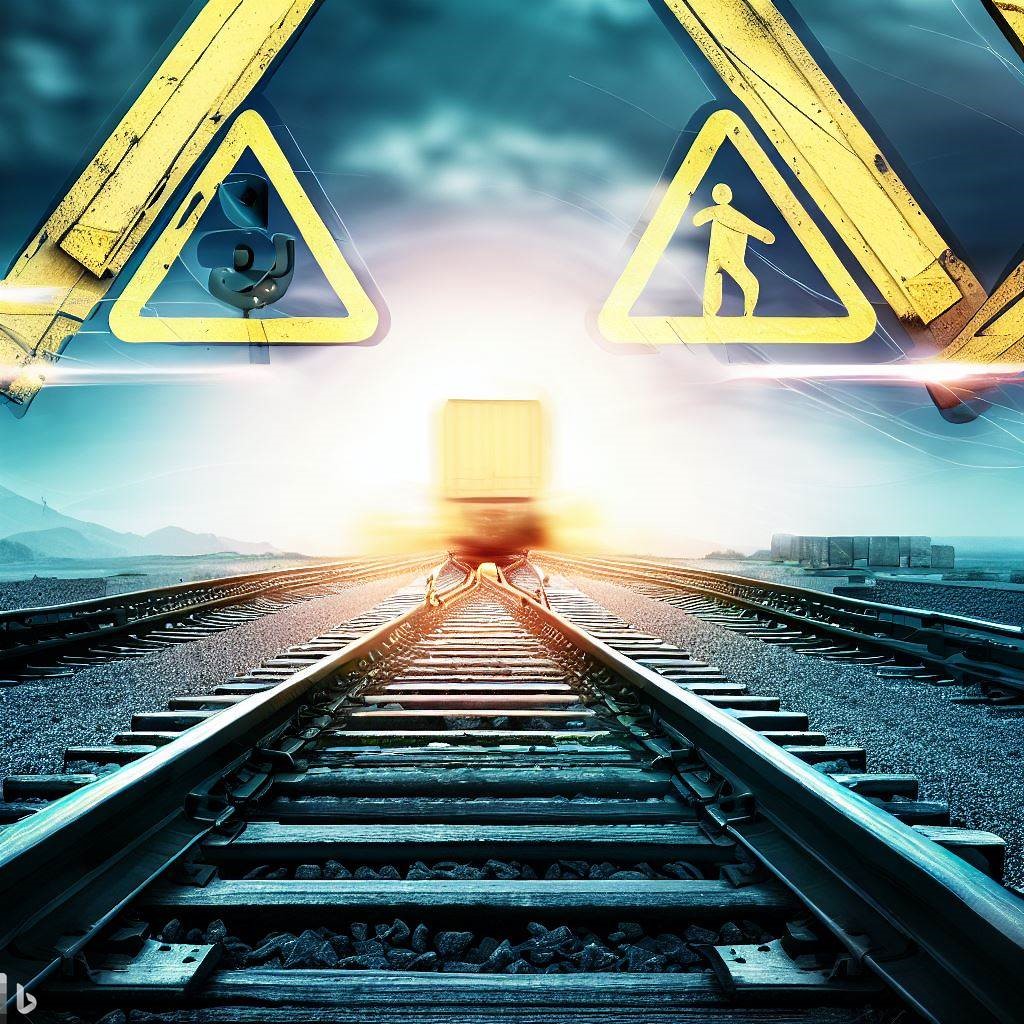Train derailments have been the subject of much discussion in the transportation industry as of late. The February 3rd derailment of a Norfolk Southern train in East Palestine, Ohio, where thirty-eight railcars derailed containing hazardous chemicals and spilling toxins into a tributary of the Ohio River, killing about 3500 fish and causing 2,000 residents to be evacuated, was a reminder of the dangers that can be all too real when something goes wrong. On March 16, a BNSF train near oil refineries in Anacortes spilled approximately 3,100 gallons of diesel into the soil. Hence, it is no surprise the “Railway Safety Act” was introduced and on Wed 5/10/23, the Railway Safety Act S.576 passed the Senate Commerce Committee 16-11 which means now it will be moving to the Senate floor. A similar bill in the U.S. House of Representatives is still in committee.
This particular bill enhances the safety requirements for trains transporting hazardous materials. The bill contains various lengthy language over nearly 78 pages to restrict speeds of trains that are carrying large amounts of hazardous/flammable liquids passing through urban areas, creates mandates to notify states about the types of as well as the frequency of trains transporting hazardous materials through the state, contains language allowing more time for engineers to inspect trains, and notably also includes proposed legislation language to raise fines for violating rail safety regulations (up to $10 million).
However, the bill is getting growing criticism as when reading the lengthy bill, it is noticeable that there is little argument in the bill addressing the root cause of the derailment in East Palestine.
The Association of American Railroads said it supports some of the bill’s proposed legislation but urges lawmakers to focus on policies that will enhance safety.
Meanwhile, prior to this bill making it through the Senate committee, naturally the Class I freight railroad industry had spoken up and outlined what steps it will take next to boost rail safety, including installing approximately 1,000 new wayside detectors and improving communications with first responders. The Federal Railroad Administration had urged caution on train lengths citing the increase in length in recent years. The FRA advocates for railroads to examine train handling procedures as well as improved training in general, especially for longer trains. Longer trains have been related to several train derailments due to more mechanical strain and complexities created by the longer train operations.
We do know this: the NTSB chair said back in February of 2023 that the NS train derailment in Feb was 100% preventable. As the NTSB continues to investigate the details of the incident, the hope is that more “root cause” type information may be released so that accidents can be prevented in the future.
While there seems to be a political battle (Democrats vs Republicans) on this bill that seemed to have mostly fallen on party lines, only time will tell if this is just more government bureaucratic actions, or, if the bill(s) end up passing and if it makes any difference in safety of people and the environment by preventing such catastrophic incidents in the future.
Here is a copy of the bill: MDM23791 (senate.gov)
Sincerely, CEO Hard Deck Logistics
www.harddecklogistics.com
traffic@harddecklogistics.com
